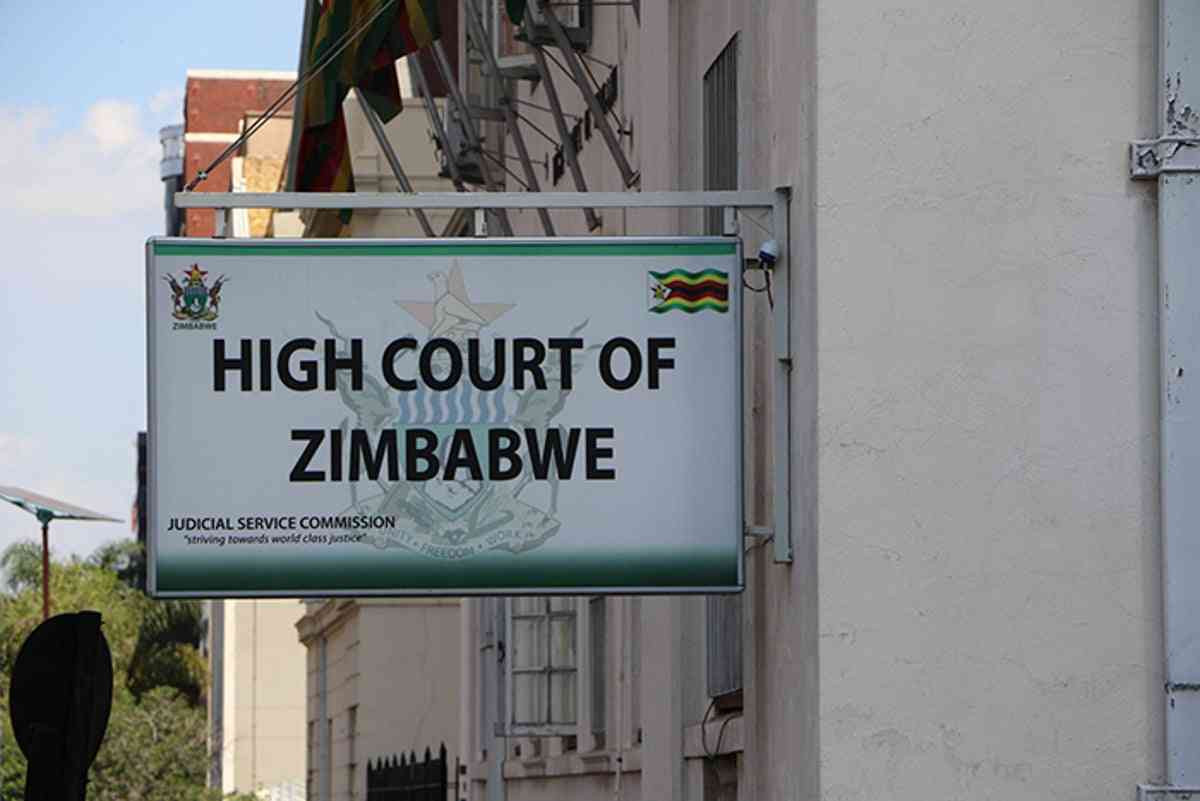
GOVERNMENT has disbursed US$3,1 million for the first batch of 378 processed farms earmarked for compensation to former farm owners (FFOs) who lost their land during the chaotic 2001 fast-track land reform programme.
The land reform programme saw white farmers lose their properties in controversial ways, often violent, after the government gave the go-ahead to do so.
However, the black farm owners who displaced and replaced the FFOs have mostly failed to get these farms to be the active economic contributors they once were.
“The government of Zimbabwe has started fulfilling its commitment to compensate former farm owners (FFOs) claims under the Global Compensation Deed (GCD) signed in 2020. To date, 740 farms have been approved for compensation by the Land Compensation Committee,” the Finance, Economic Development and Investment Promotion ministry said in a statement yesterday.
“In this regard, government disbursed US$3,1 million for the first batch of 378 processed farms. This amount is 1 percent of the total compensation claim value of US$311 million. Last week, the government also issued Treasury bonds related to the first batch of farmers to their custodian bank.”
In line with the GCD agreement, the FFOs receive 1% of their claim in cash, with the balance being paid through US-denominated Treasury bonds with a 2% coupon and maturities of two to 10 years.
“These bonds have the following features: liquid asset status, prescribed asset status, tax exemption, tractable and transferable. Government allocated US$10 million in the 2025 national budget for the compensation of FFOs under the GCD,” Treasury said.
“Compensation payments are being made to interested individual farmers.”
- Budget dampens workers’ hopes
- Govt issues $24 billion Covid-19 guarantees
- Letter to my People:They have no answers for Nero’s charisma
- ZMX to enhance farm profitability
Keep Reading
In May 2024, 1 300 FFOs under the GCD were revealed to have agreed to receive 1% of the US$35 million principal amount to be paid to them by the end of last year.
The Compensation Steering Committee and past president of the Commercial Farmers Union chairperson, Andrew Pascoe, confirmed receipt of payments.
“Monday March 24, 2025, saw the first US dollar cash payments due under this plan being paid to the signed up former farm owners,” he said.
Finance, Economic Development and Investment Promotion minister Mthuli Ncube reaffirmed the government’s commitment to continue implementing reforms that are key to clearing the country’s arrears and resolving the debt burden.
“The payments will continue. We are very serious about this. By settling our arrears, we can tap into the long-term capital, which is essential for infrastructure development and other significant investments,” he said.
“This is not just crucial for the Zimbabwean government; it also impacts our private sector, which faces restrictions from creditors due to these arrears.
“Lifting these caps will facilitate access to foreign capital, making it easier to obtain financing to support our industries and create meaningful jobs for our citizens.”
According to Treasury, the compensation of FFOs marks another significant milestone in the country’s Arrears Clearance and Debt Resolution Process and a key condition for the west to assist Zimbabwe with its debt.
In February 2025, the government concluded the disbursement of the initial US$20 million towards compensation of Bilateral Investment Protection and Promotion Agreement (BIPPA)-protected investors whose farms were affected by the 2000 land reform programme.
Consequently, both historic milestones are crucial steps as Zimbabwe seeks to clear its arrears, restore debt sustainability, and unlock new concessional external financing in order to achieve its development goals.
The Office of the President and Cabinet deputy chief secretary Willard Manungo said this was yet another demonstration of the government’s commitment to the country’s reform agenda.
Manungo is also the co-chair of the Sector Working Group on Land Tenure Reforms, Compensation of FFOs and the Resolution of BIPPAs.
“These positive developments present Zimbabwe with a strong opportunity to successfully negotiate its arrears clearance and outstanding debt obligations,” he said.
“It is also a boost towards the country’s re-engagement efforts with the international community.”






